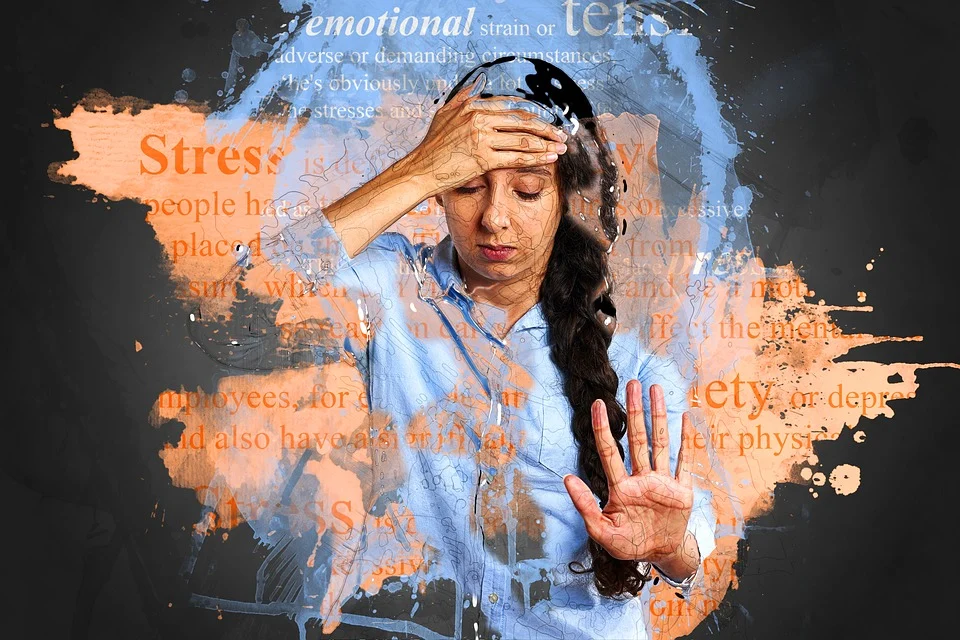Everyone encounters anxiety, which is your body’s healthy way of coping with a difficult circumstance. Brief periods of apprehension and worry can be helpful and help maintain your wellbeing. However, if such anxiety persists and begins to affect your everyday life, medication may be necessary.
What threshold mental health professionals watch for when deciding whether or not someone needs clinical treatment for anxiety? One frequently cited definition of anxiety is: “Anxiety that impairs daily functioning or has an adverse effect on one’s work, school, or social life.” This may indicate an anxiety disorder and the need for therapeutic intervention.
How is Anxiety Treated?
Typically, treatment for anxiety begins with a discussion with your primary care doctor.
Initially, you may feel more at ease discussing your problems with your general physician. Physicians in family practice and other specialists can prescribe drugs to treat acute symptoms of anxiety if they see fit.
Additionally, your primary care physician may refer you to a mental health counselor who can examine you and decide the most appropriate type of psychotherapy, or talk therapy, to help your recovery.
Your unique treatment approach will be determined by the type of anxiety you are experiencing and any co-occurring conditions (such as depression, substance abuse, etc).
Psychotherapy interventions such as cognitive behavioral therapy (CBT) assist in determining the reason for anxiety so the illness can be managed.
When is Medication Used to Treat Anxiety?
Psychotherapy is frequently necessary and sufficient for long-term relief from anxiety. Nevertheless, the symptoms you feel throughout this process may be severe enough to interfere with elements of your daily life, such as relationships, your role at work, or your academic life.
If this occurs, medication may be recommended for controlling your symptoms.While medicine may alleviate immediate symptoms, it is not a panacea.
Medicine may be an answer in the following cases:
- You’re perpetually agitated or tense. Restless and tense feelings cause you to worry more
- Panic attacks may happen frequently. Your heart rate and breathing rate may increase, and you may experience chest constrictions. Worrying about panic attacks may keep you from your regular activities as well.
- Physical symptoms may cause you ongoing sickness. The concerns and stress that come from feeling anxious may result in stomach disorders and migraines. Anxiety can also cause patients to eat poorly, overeat or not eat enough, or experience heart palpitations where their heart skips a beat. Some patients cannot sleep or have problems breathing. Patients with insomnia may also have memory problems, mood swings, or develop diabetes or heart disease.
- You live in constant fear. Some people with general anxiety disorder are in a constant state of fear, leaving them paralyzed and immobile. Some patients will not leave their home, or develop agoraphobia. This condition usually occurs after a patient experiences panic attacks.
- You find it hard to focus. This can lead to problems at work or at school, or make it difficult to find a job.
As you can see, anxiety can lead to a chain reaction of mental and physical health problems. If you suffer from the disorder, now, not later, is the time to act. Seek help immediately if anxiety is interfering with your daily life and plans.
About the Author
Scott H. Silverman has been promoting mental health for almost 40 years. He is the CEO of Confidential Recovery, an outpatient rehab in San Diego.

